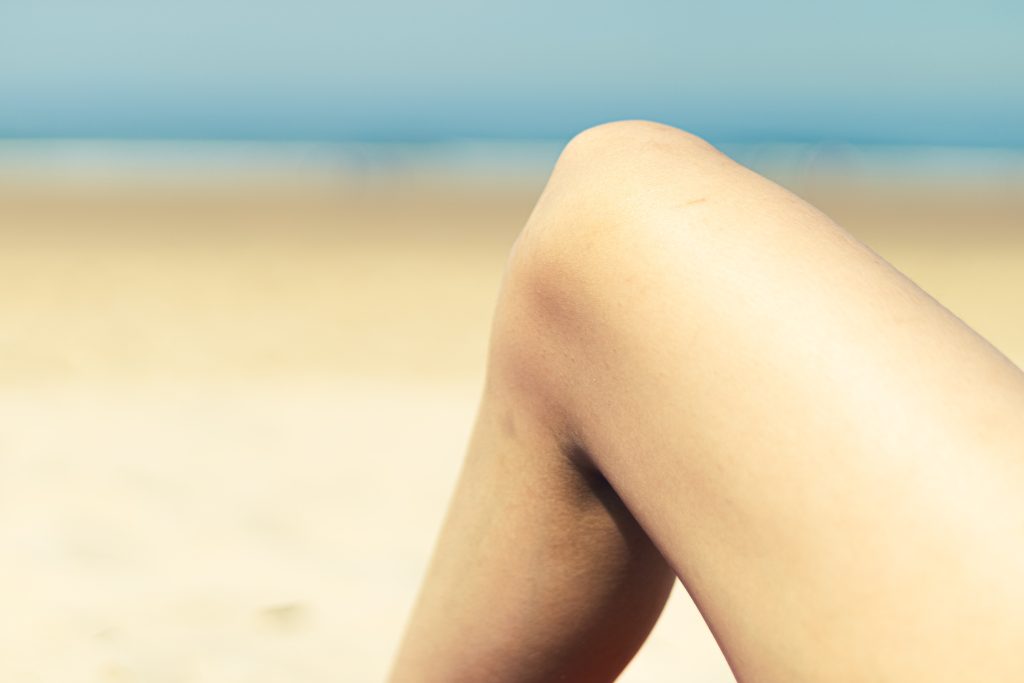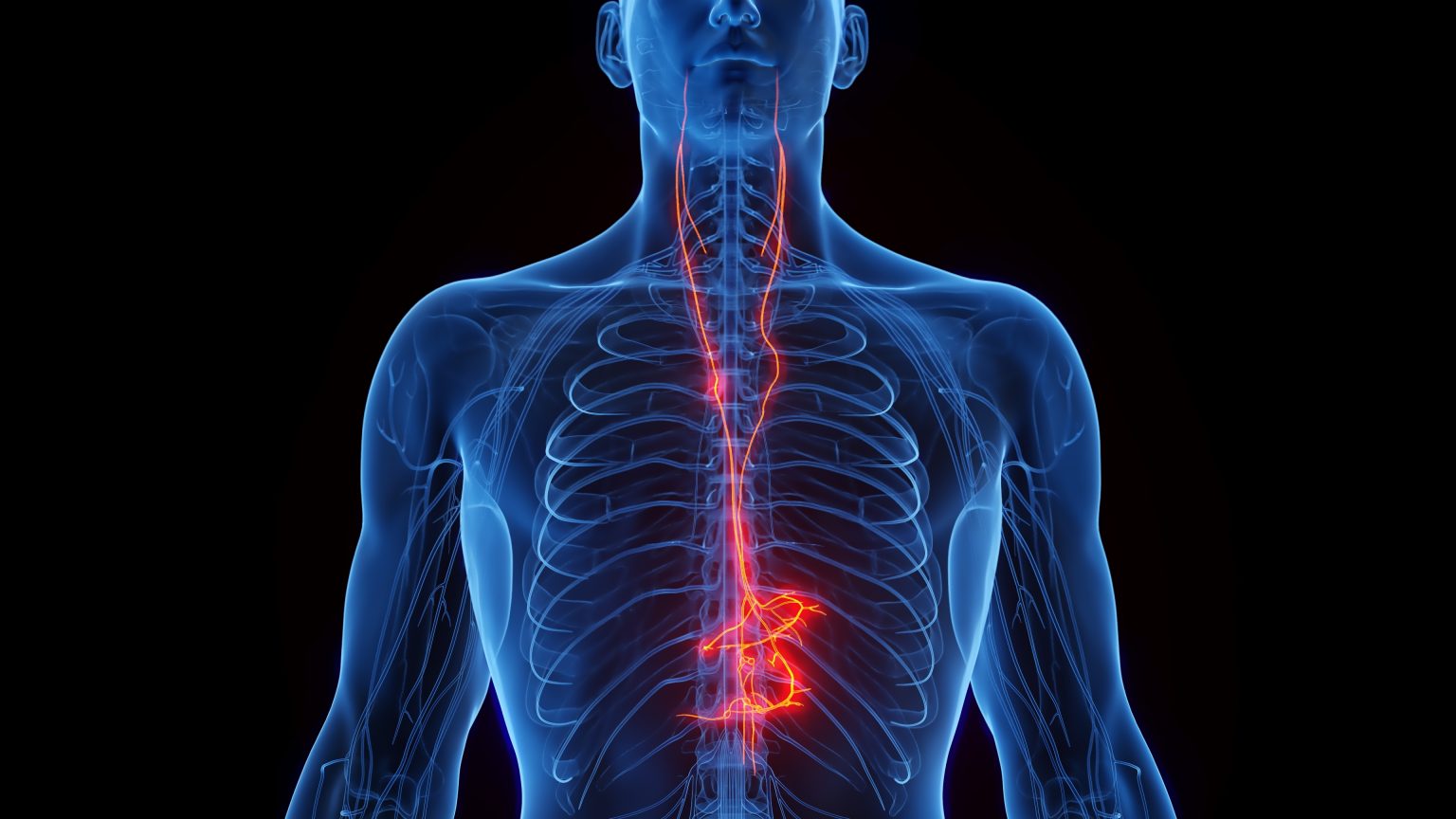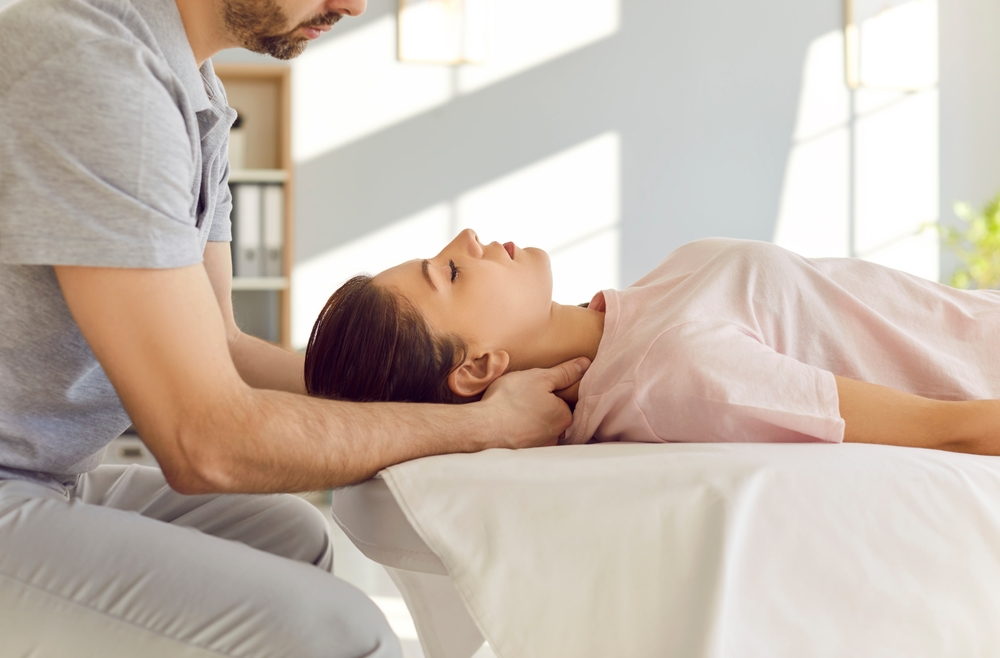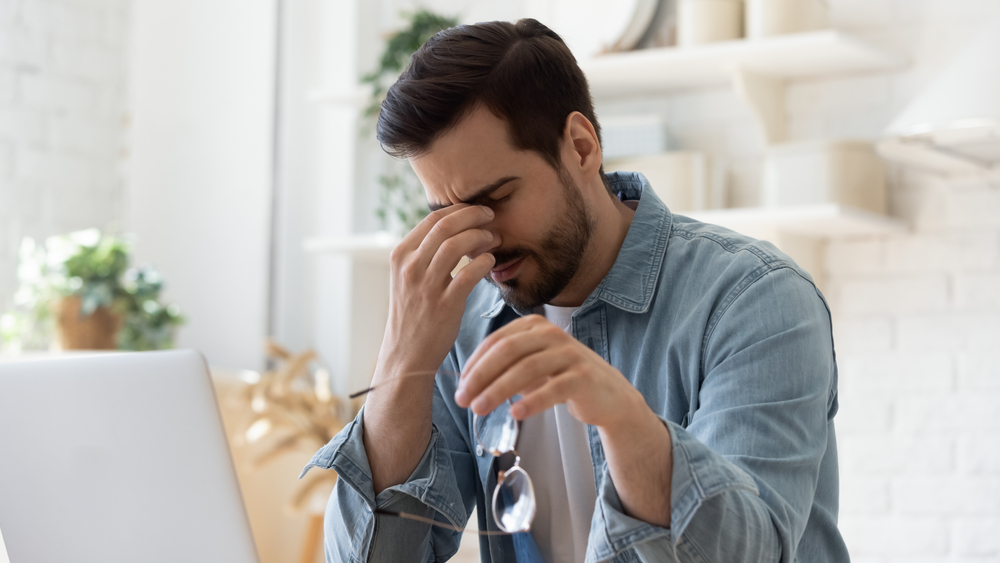Are there times when you feel that there is stinging pain on your knees? Of course, there are several reasons why your knees hurt. Bone on bone knee pain, or most commonly known as knee osteoarthritis, is a common kind of arthritis in which the cartilage is found in between your bones or knee cartilage.
If you try to consult a doctor or a specialist, they may tell you that it can be possibly due to an acute injury or dislocation. It can also be an existing medical condition such as arthritis.
Experiencing pain in your joints, particularly in your knees, is genuinely an obstacle in doing your daily activities since they mainly involve movement. It is hard to function correctly, significantly, if you can’t move without feeling any kind of pain or aching.
If you want to relieve your knee pain, you should know the different symptoms of knee osteoarthritis and its common causes.
What is the main cause of Bone-on-Bone Knee Pain?
Bone on bone knee pain, or most commonly known as knee osteoarthritis, is a common kind of arthritis in which the cartilage is found in between your bones or knee cartilage.
When it starts to deteriorate, it causes friction at the ends of your joints, which eventually leads to an excruciating pain that is usually found in your knees.
Your soft knee cartilage is the one who’s responsible for connecting the ends of your joints to ensure smooth and almost frictionless contact when you move.
Signs and Symptoms of Bone-on-Bone Knee Pain or Knee Osteoarthritis
Here are some signs and symptoms to observe if the pain you are experiencing is because of bone on bone knee pain/knee osteoarthritis:
– Acute pain after moving
– Degrading flexibility
– Swelling or inflammation
– Brittleness of joints
– Stiffness of joints
– Crackling sounds in your knee when you move
Risk Factors of Bone on Bone Knee Pain
-
Ageing – it is given that when we age, our joints slowly degenerate and start to brittle.
-
Hereditary condition – sometimes, there are cases of people who suffer from knee osteoarthritis who have inherited it from their family members who are also suffering from the same condition.
-
Existing joint injuries – if you’re an athlete or someone who often engages in heavy activities, there’s no doubt that you will likely have knee osteoarthritis.
-
Overuse of joints – being overworked or overactive on heavy work and sports increases your chance of experiencing bone-on-bone knee pain.
-
Other metabolic diseases – some of these are metabolic arthritis, diabetes, and much more.
-
Increase in body weight – When your body increases in weight, your extra fats can cause swelling on your joints, thus leading to the deterioration of the knee cartilage, resulting in knee osteoarthritis.
-
Sex/Gender – Most studies have shown that older women are highly prone to develop knee osteoarthritis than older men
How to Relieve Bone-on-Bone Knee Pain
Bone-on-bone knee pain or knee osteoarthritis is very common to the elderly, and as of now, there is still no total cure for this condition. However, there are some available treatments that most doctors and specialists would recommend to you. Some of these are:
Over-the-counter medications
Painkillers can be effective in alleviating your knee pain. However, doctors would not recommend the constant consumption of these. This is because they can trigger severe repercussions in the long run.
Always bear in mind to ask for a prescription from a doctor or physician first since they are the ones who have the right to prescribe medications that are effective and appropriate for your condition and to avoid any further complications.
-
Undergo Physical Therapy
This option is probably one of the most common treatments in knee osteoarthritis since it is known to effectively relieve pain with the help of acupressure, massage therapy, or acupuncture.
Most doctors are referring their patients with knee osteoarthritis to visit or consult a physiotherapist. Here at Falcon Health we can work and develop a workout plan for you to follow. It will help you gradually recover from experiencing severe knee pain even when you’re at home.
You can also schedule sessions with our physiotherapist so that they can help you in relieving your pain by applying pressure (acupressure or massage).
-
Medication in Shots
Certain people usually prefer to inject anti-inflammatory shots or pain reliever injections to relieve knee pain. Of course, a prescription from your doctor is highly advisable since there’s a specific dosage needed for these kinds of medication.
-
Proper Diet and Exercise
It is of utmost importance to have a healthy and balanced diet since the nutrients coming from these foods can help in enhancing and strengthening your joints. There are also several exercises that you can do to improve your joints.
Relieve Pain the Chiropractic Way
Among the different treatments for knee pain, there is no doubt that chiropractic therapy will help.
Falcon Health; we are here to provide you with the best chiropractic services.
We have a dedicated team of experts so rest assured that the treatment will be comprehensive. If you need our services, do not hesitate to give us a call or message us.
